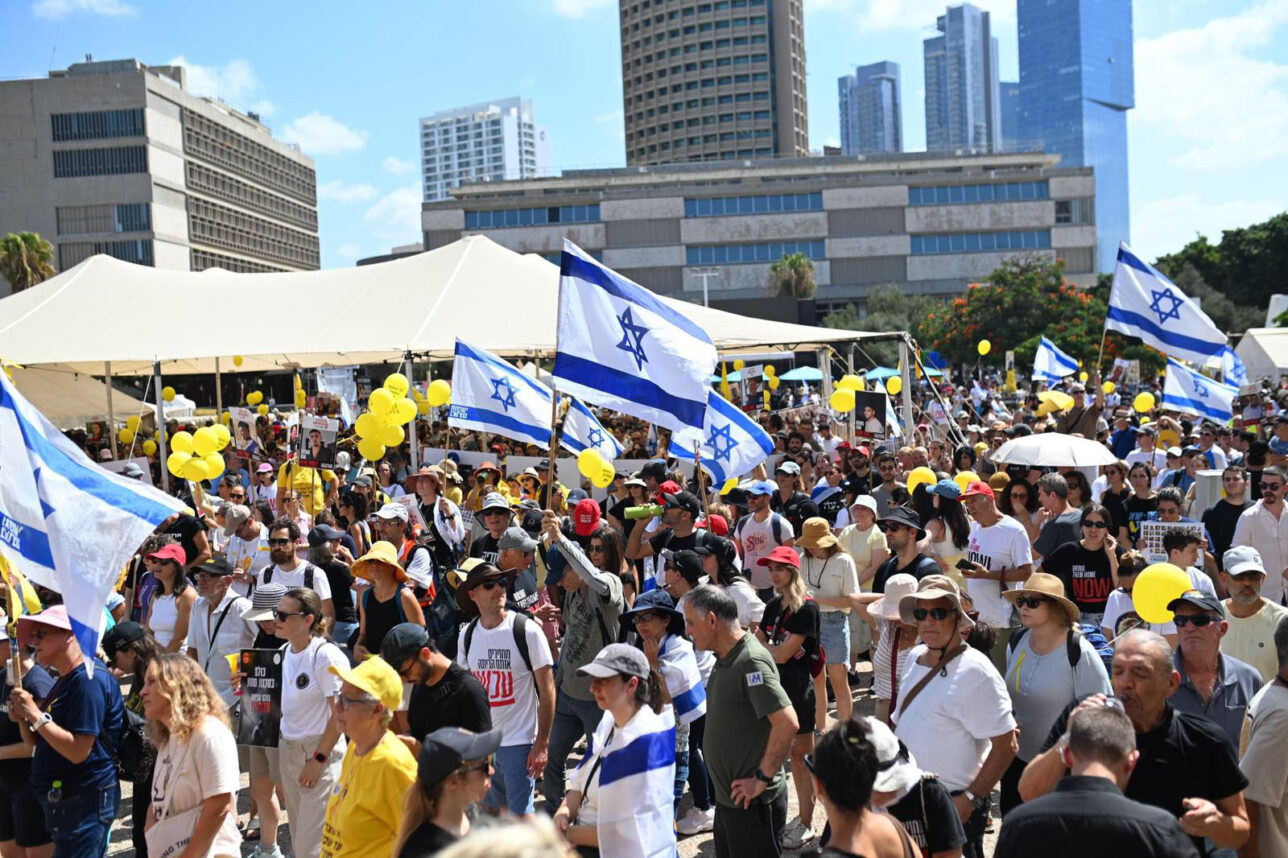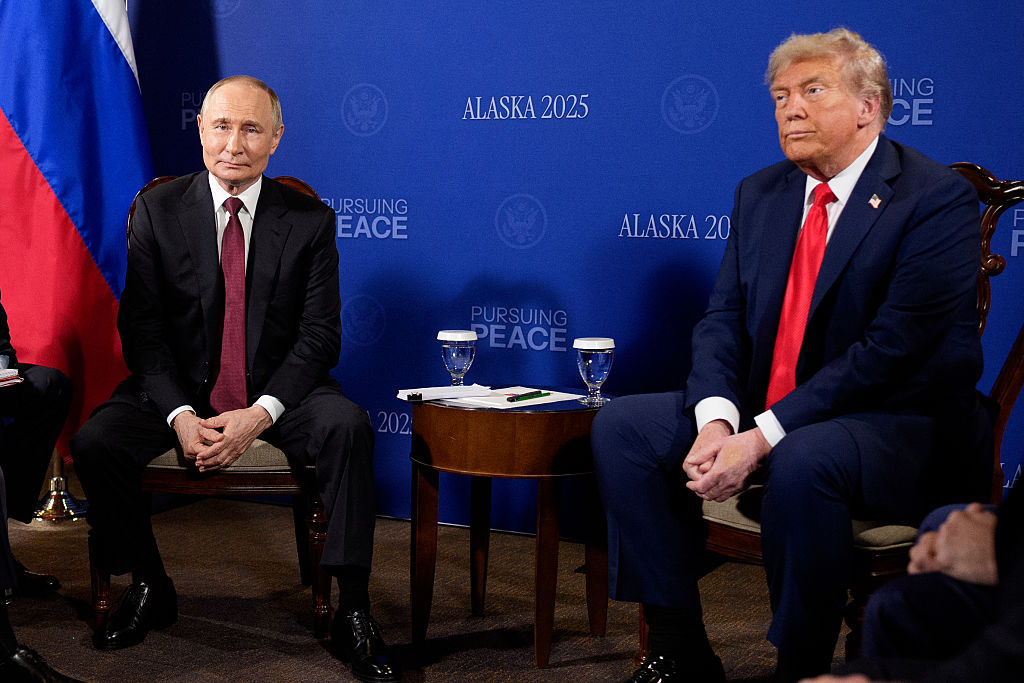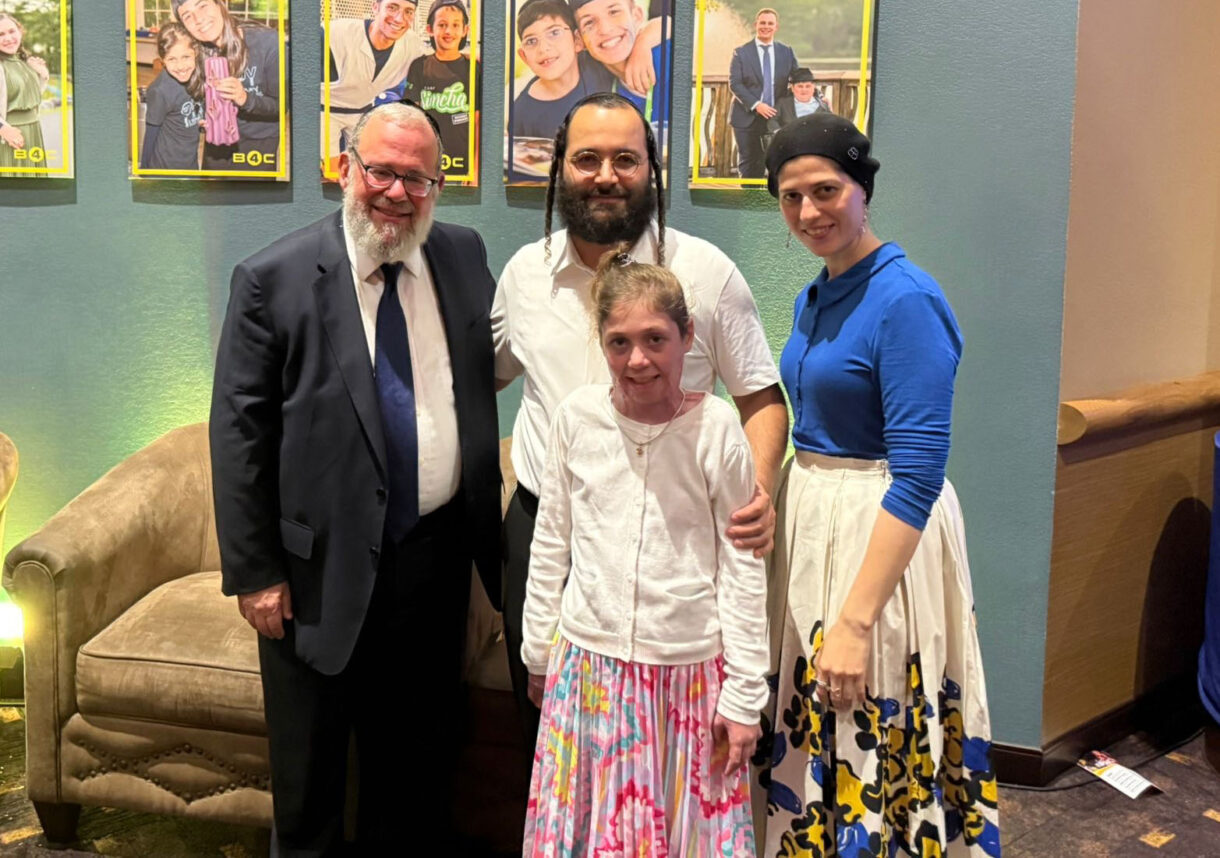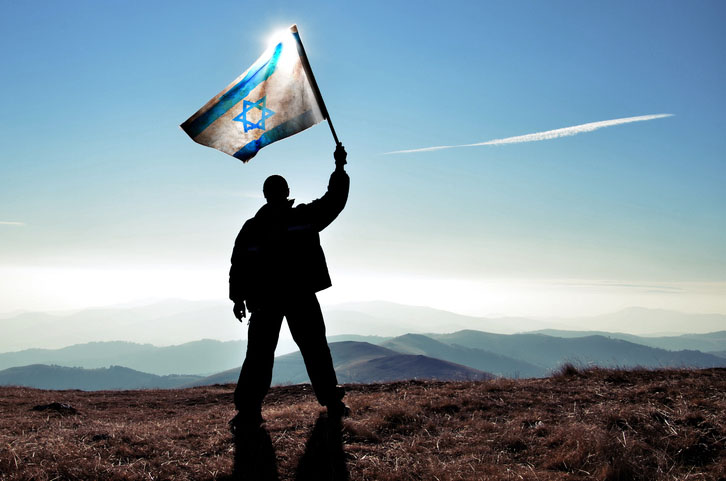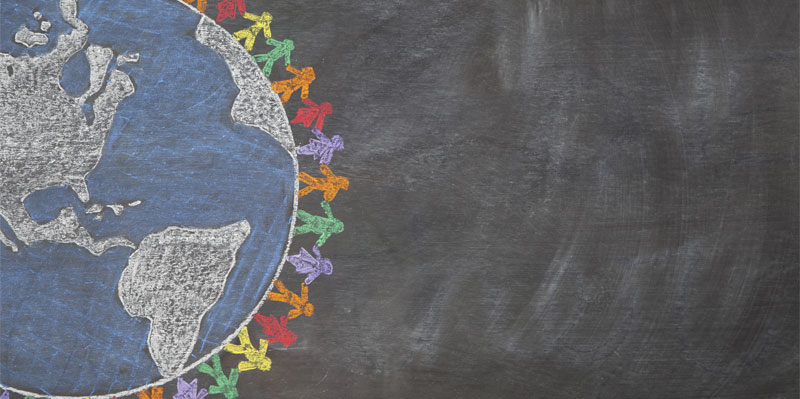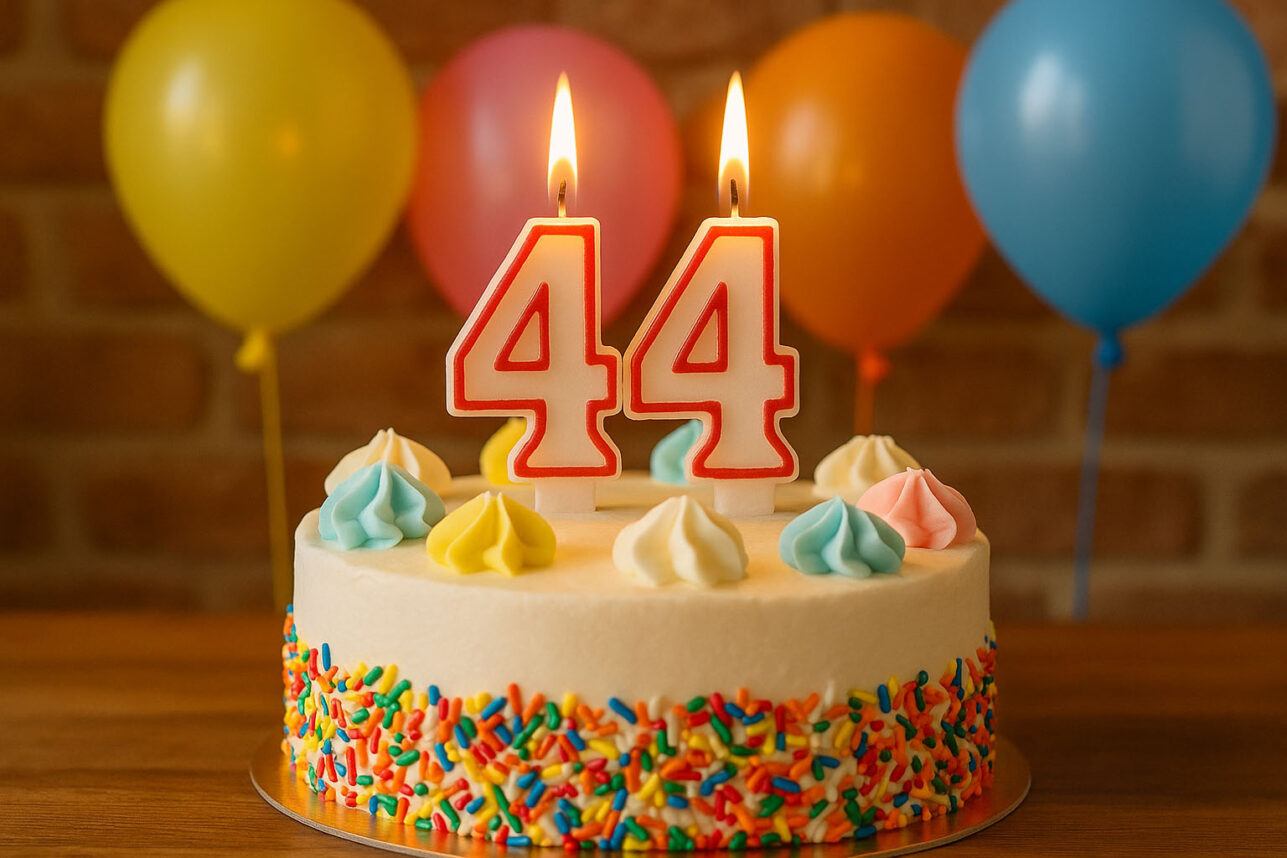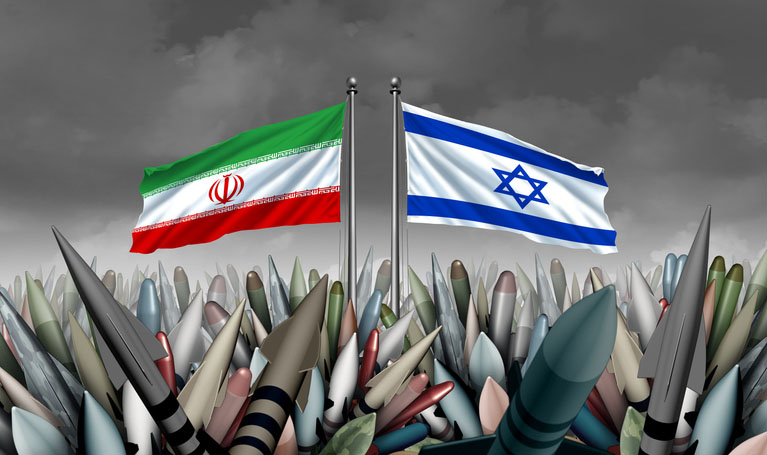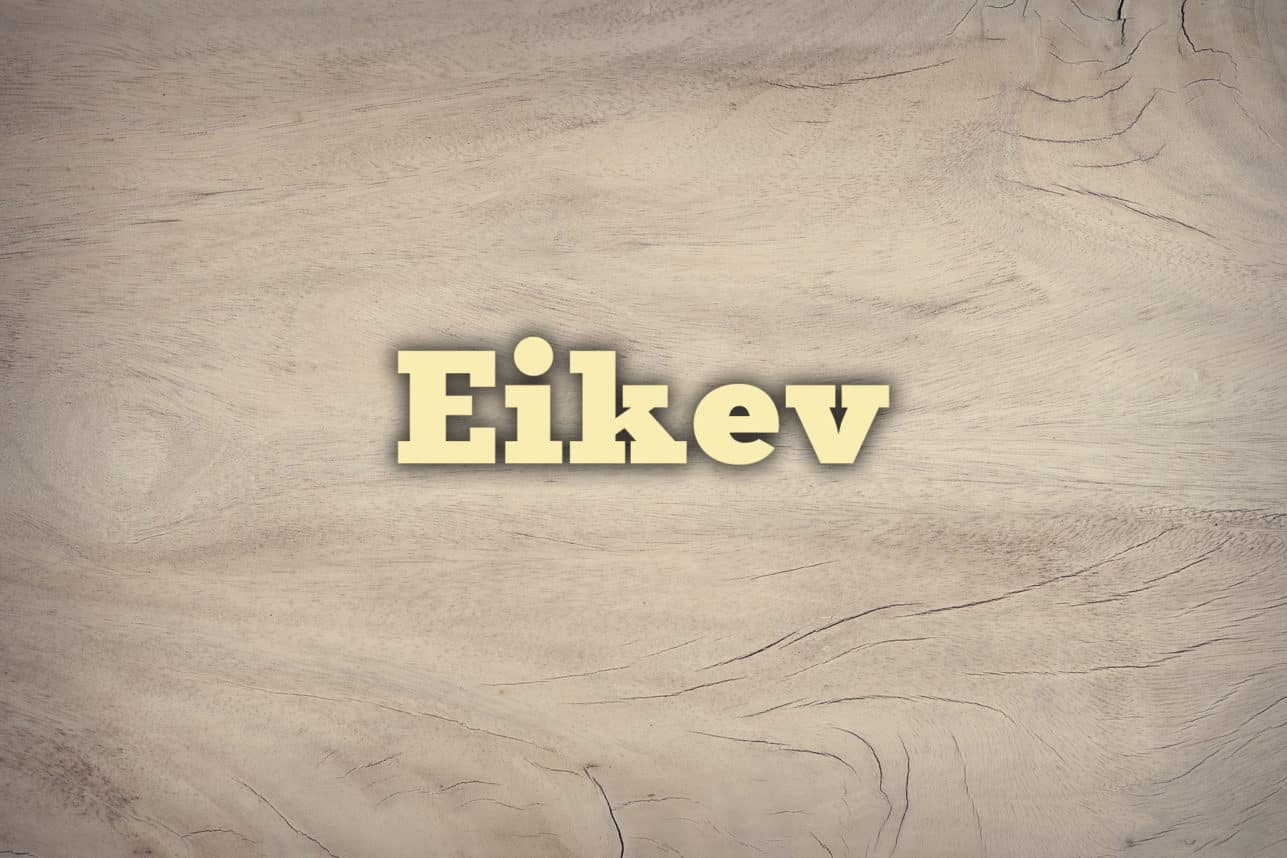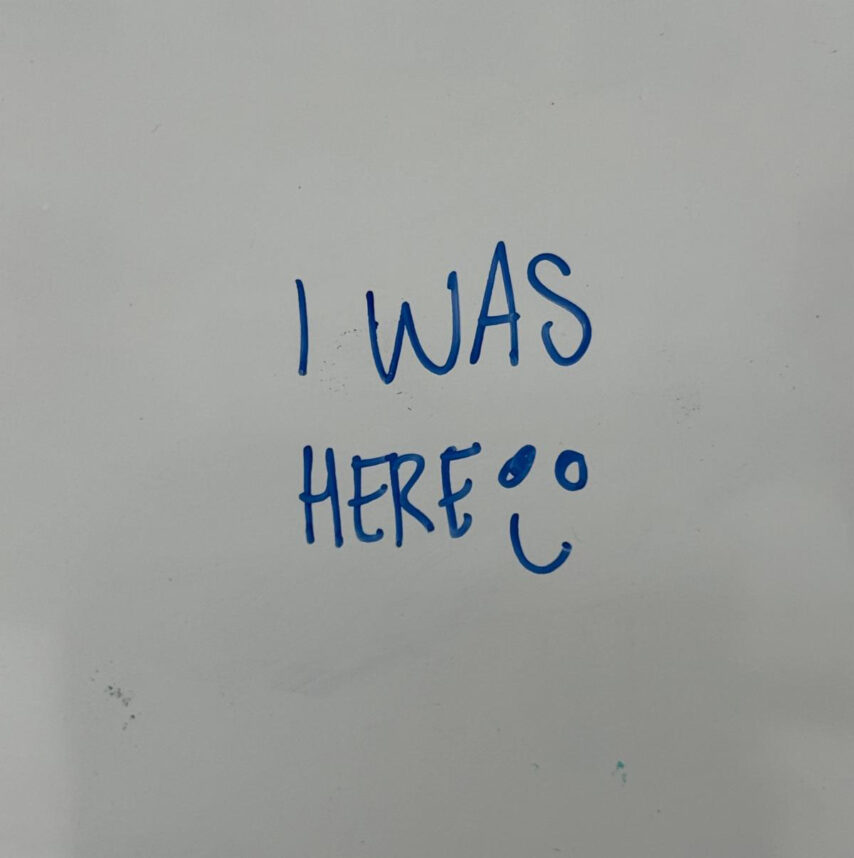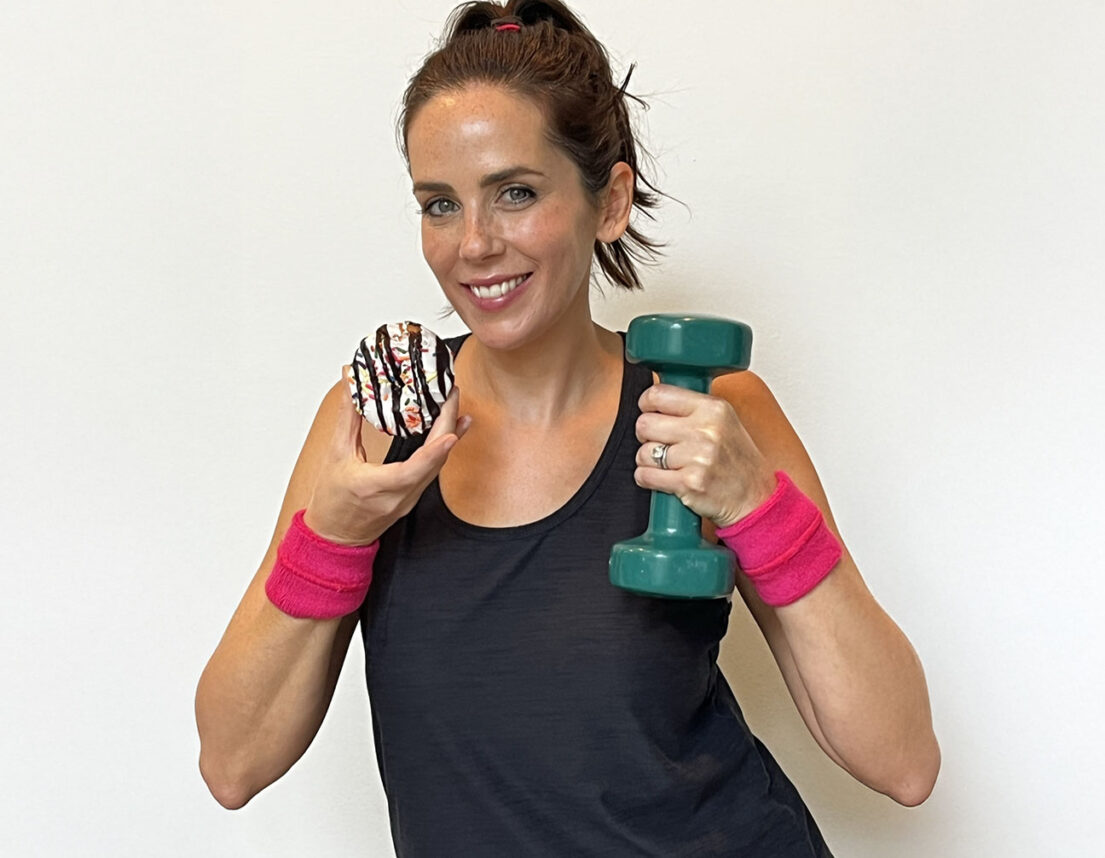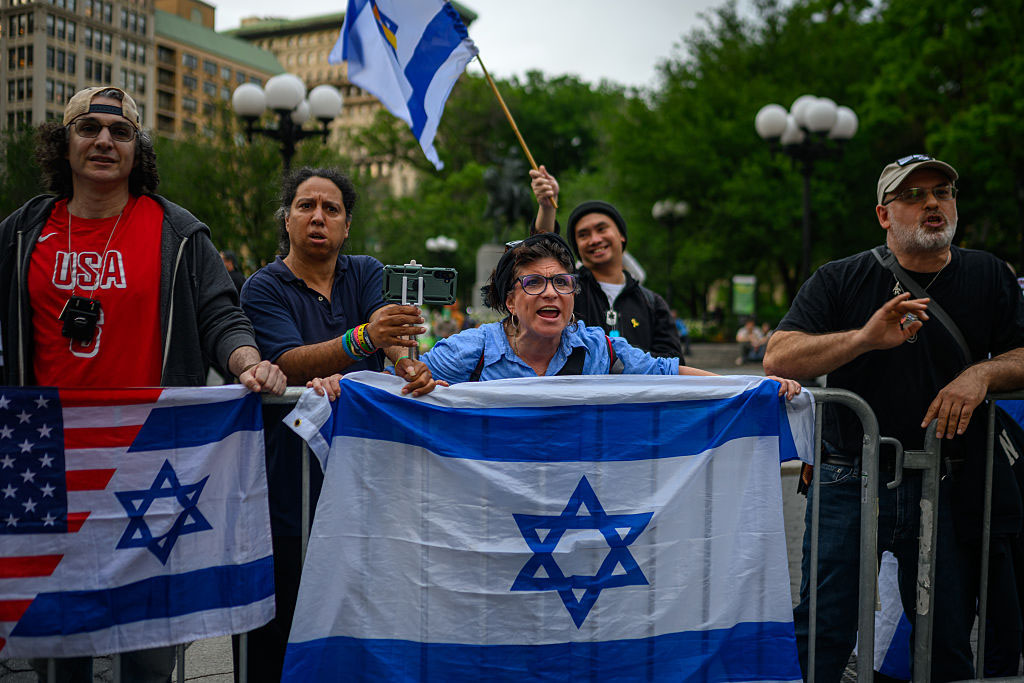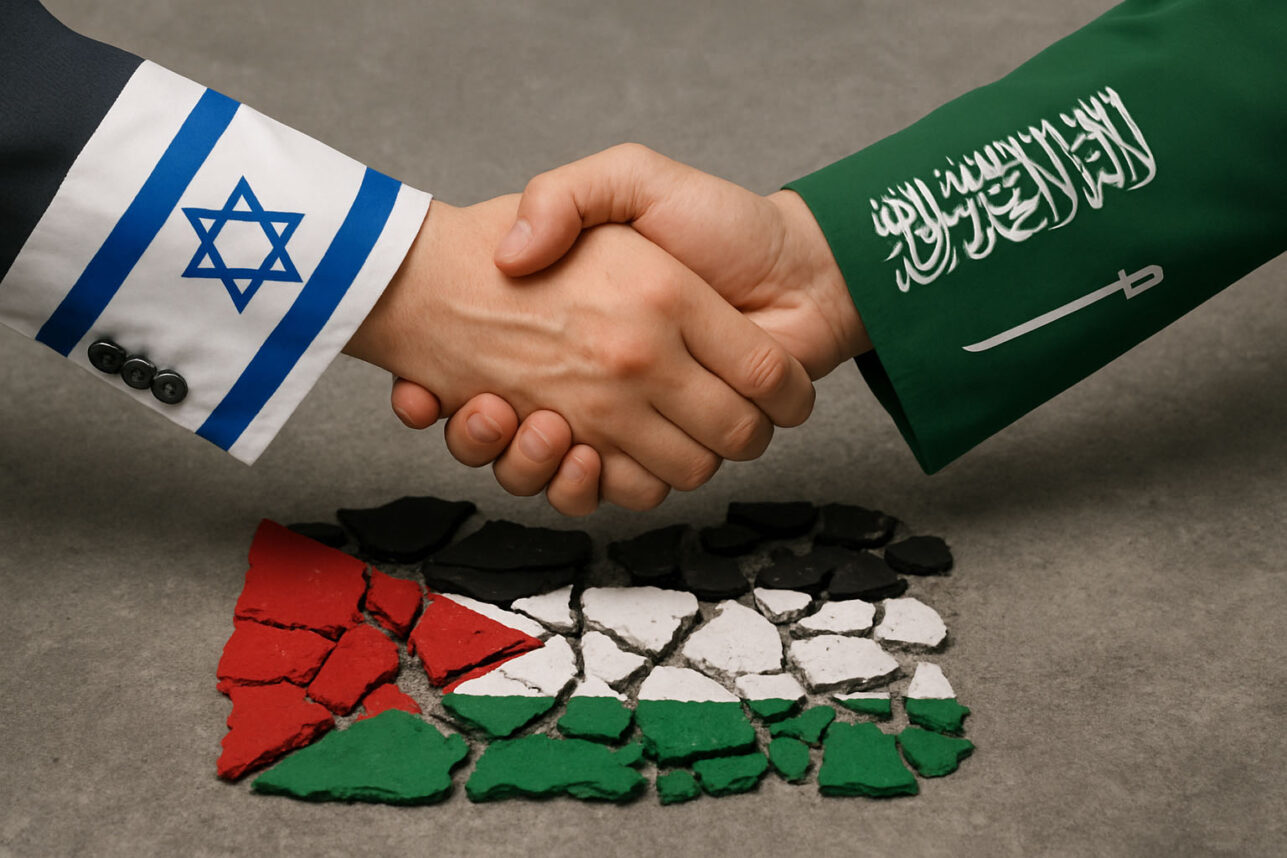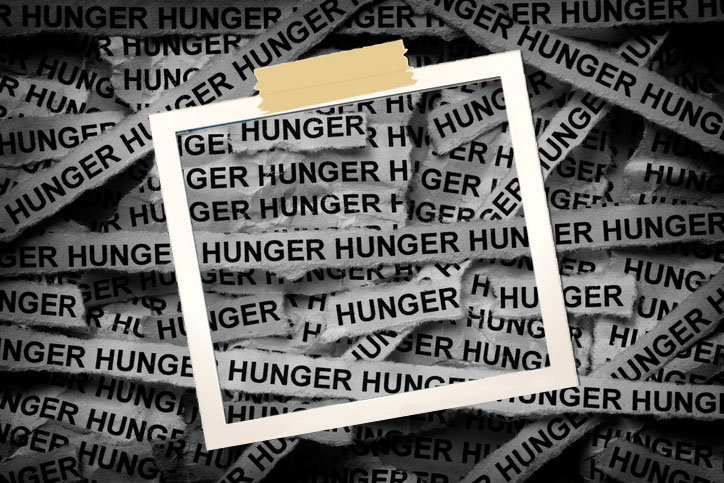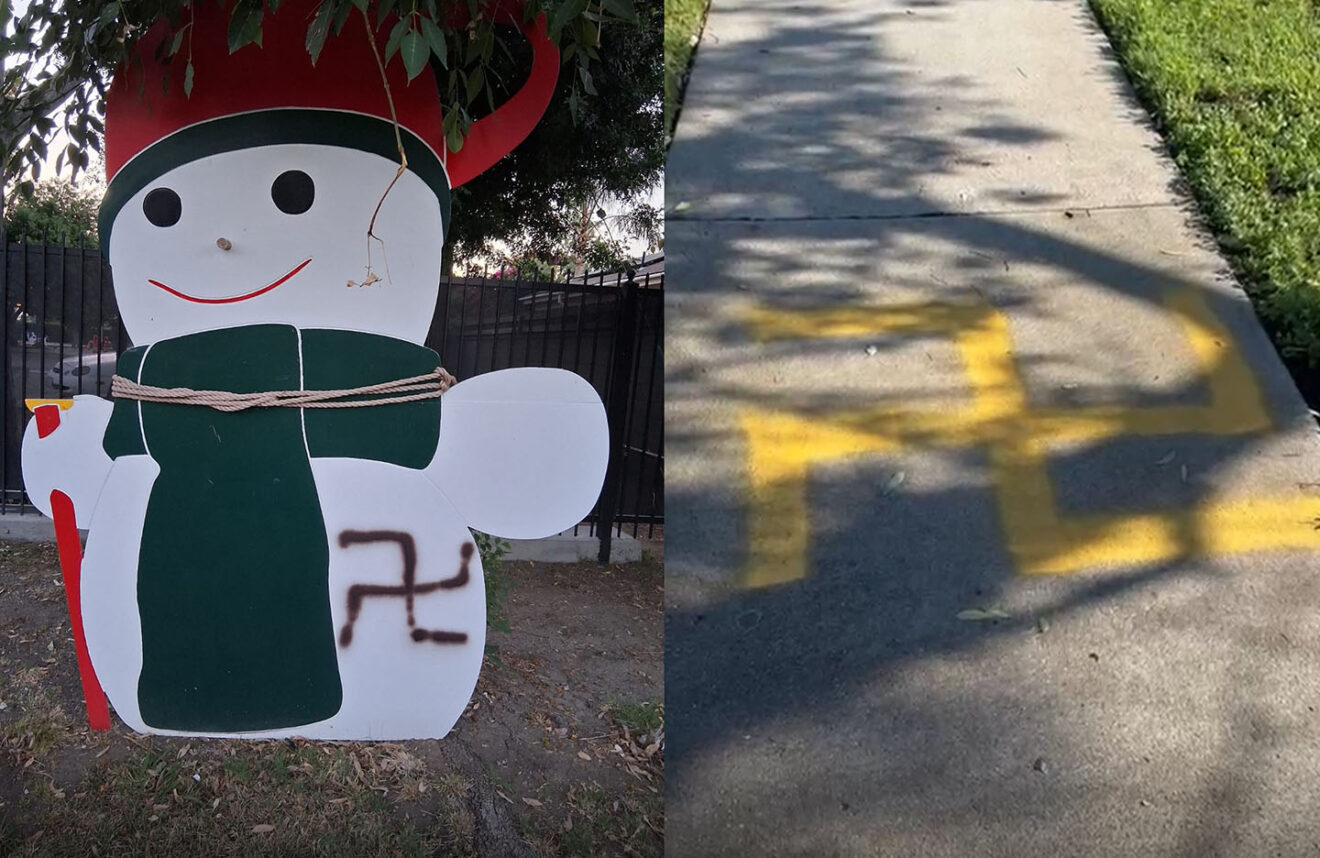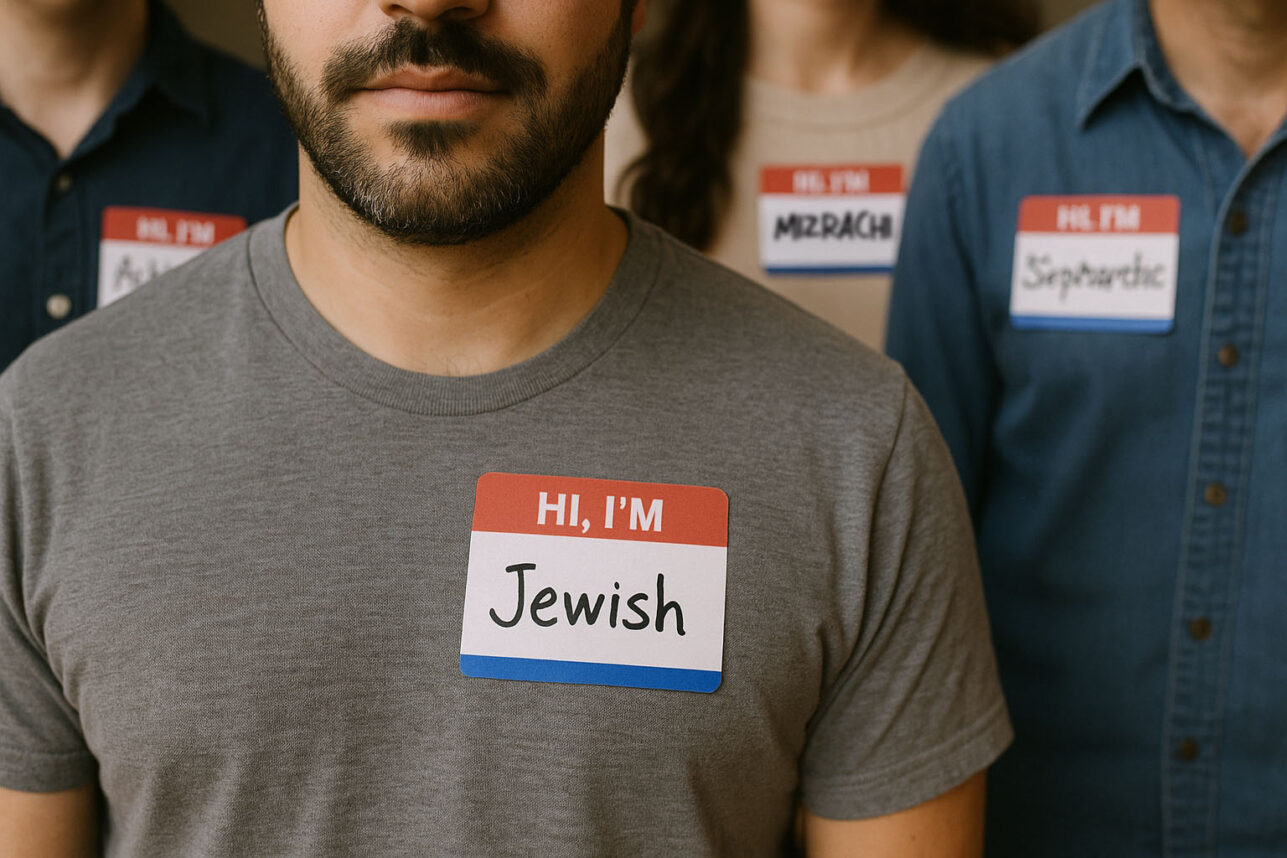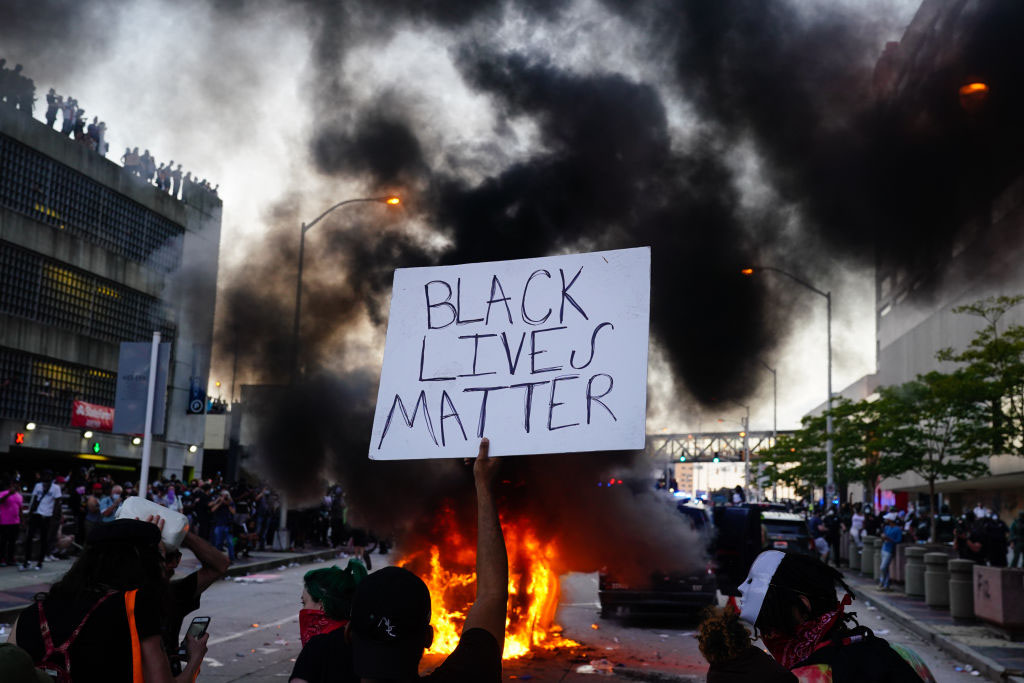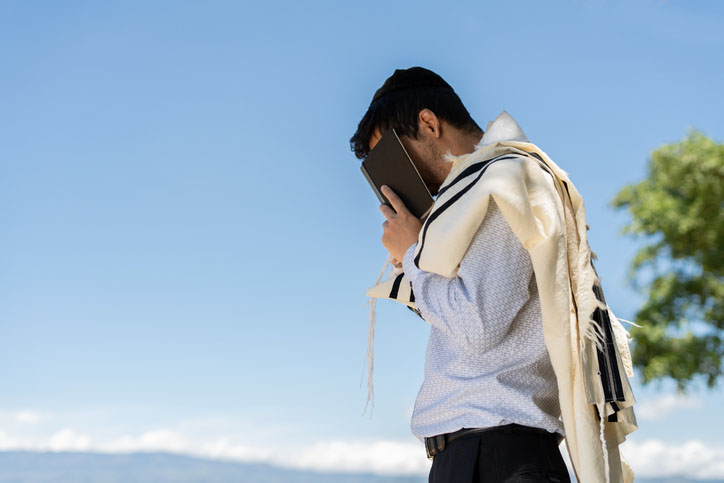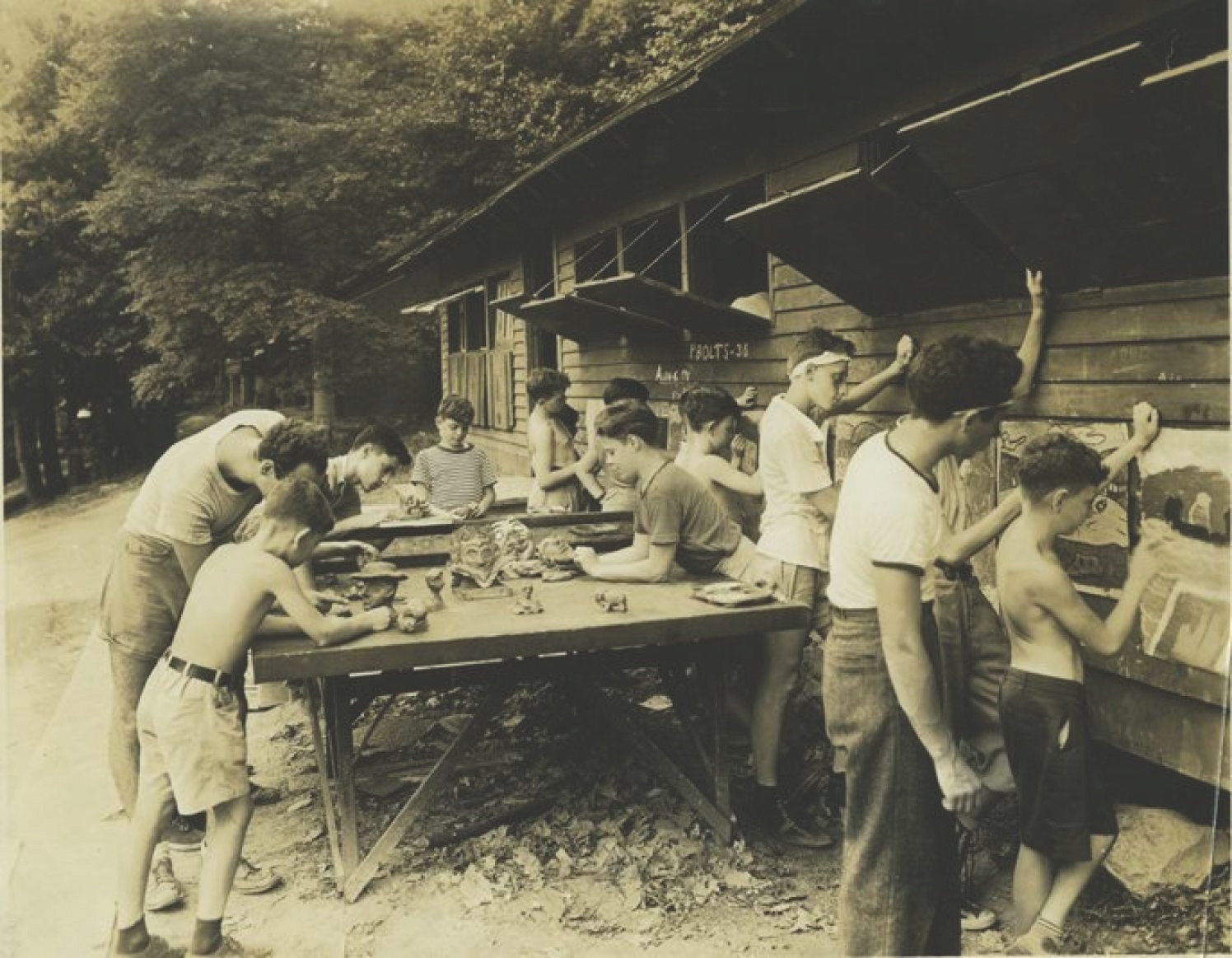
The historical roots of Jewish overnight summer camps began with the rise of the American camping movement in the late 19th century.
This included YMCA and Fresh Air Fund camps, which worked to bring children, many of them immigrants, out of the overcrowded, sweltering cities into the open spaces and healthy air of the countryside.
I went to one of those camps for two summers, Camp Louise in Maryland’s Cascade Mountains. It was founded to cater to Jewish girls from inner-city Baltimore, a few already employed as factory workers.
Some immigrant Jewish children would have found the rustic camp experience familiar from Europe, where they belonged to organizations like Blau-Weiss, an early Zionist youth movement whose members — my great uncle among them — would trek through the mountains and countryside, mirroring their counterparts in German youth movements.
But although the youngsters at these then-philanthropically funded camps in America may have been Jewish, little was educationally Jewish. Most focused on acculturating immigrant children into American life. There were ideologically driven camps like Camp Kinderland in the Berkshires.
Founded by the Workmen’s Circle in 1923 with a leftist-socialist inspired ethos, Camp Kinderland became a target in the McCarthy era that prevails today. There were also Yiddish-speaking camps and Zionist camps modeled as training farms for kibbutz life.
The 1941 to 1952 era was a period that Jonathan Sarna, professor of Jewish history at Brandeis, a second-generation Jewish camper and alum of Camp Ramah Palmer, describes as the crucial decade of Jewish camping.
This is when it was discovered that camp can also be a venue for Jewish education, Sarna said.
“Back in the day, we came from shtetls and tribes. We have lost that, and we bring the village vibe back.” — Yoni Stadlin
This also is when the denominational camps affiliated with America’s Reform, Conservative and Orthodox movements were launched, as well as other experiments in Jewish education, from Hebrew-immersion camps to camps that functioned as summer schools of Jewish learning.
Today, Jewish sleepaway camps are considered a cornerstone of Jewish education.
For example, Rabbi David Adelson, dean of the New York campus of Hebrew Union College-Jewish Institute of Religion, taught an elective at Camp Eisner in Massachusetts last summer on Jewish mindfulness practice. The camp also featured interactive activities that demonstrated the values of good behavior toward one another and the world, the concept of tzedakah, or charity, and justice.
Jeremy Fingerman, who heads the Foundation for Jewish Camp, likes to call such camps the laboratories of Jewish life.
On pick-up day in July at Camp Young Judaea-Sprout Lake in New York state, where my daughter spent her first summer session away, parents crowded into a sprawling white tent, happily reunited with their children after almost a month’s separation. Hebrew songs blasted from the loudspeakers as various bunks came up to show off newly learned line dances, and campers described highlights of their session, including volunteering at soup kitchens and making sandwiches for the homeless.
“Did we have fun? Did we make a difference?” Helene Drobenare, Sprout Lake’s director, asked the rows of campers sitting in the grass before her, noting the camp’s focus on social action.
Cheers and whoops rose up from the children in happy reply.
Specialty camps are the latest development in Jewish camping, echoing specialization seen in other camps around the country. Since the Jim Joseph Foundation gave a 2010 grant to the Foundation for Jewish Camp, 11 new such camps have opened. Their aim, in part, is attracting kids, particularly teenagers, who would not normally have chosen to go to a Jewish camp.
Among them are the Reform movement’s Six Points Sci-Tech Academy camp, in a boarding school north of Boston where 450 youngsters and teens spent the summer doing robotics, gaming and chemistry, along with celebrating Shabbat and other Jewish activities; as well as a Ramah camp of the Conservative movement, which boasts a rugged outdoor experience in the Rocky Mountains.
There are plans for a Jewish filmmaking camp and another one focused on the performing arts.
One of the first of these specialty camps was Eden Village, the first environmental, organic farm-to-table Jewish camp, which opened in 2009 in Putnam Valley, N.Y.
“We have the word ‘village’ in camp intentionally,” said Yoni Stadlin who co-founded the camp with his wife, Vivian Lehrer. “Back in the day, we came from shtetls and tribes. We have lost that, and we bring the village vibe back. These counselors are partnering with you parents, partnering to help raise your kids. That is the best thing about being part of a village.”
Campers meld caring for the earth with Judaism.
As Stadlin told the Israeli newspaper Haaretz: “We literally grow wheat in our farm and kids grow it, care, winnow, thresh, grind, make their own flour and bake their own challah. When that happens, you never need to convince a kid to make a bracha (blessing) over bread. They have a natural inclination.”
Campers also squeeze grapes for juice, make herbal medicines and create candles out of beeswax. All food at Eden Village is organic, locally sourced and prepared from scratch in the camp kitchen.
“We think a fundamental organizing principle of our religion is to be world fixers, to be caring citizens for the world,” Stadlin said.
Farming, cooking and herbalism are a vehicle that gets us to that bigger underlying principle.
Gene Meyer, a Washington, D.C.-area journalist and author, sent his two sons to Camp Moshava, which is run in Maryland by Habonim Dror, a Labor-Zionist youth movement. Meyer, president of the camp’s board for five years, marvels at the programming, planned and led by young people, with a strong focus on social justice and social consciousness. Hebrew is part of the daily vocabulary there, he explained, and the camp is rooted in progressive Judaism.
Habonim Dror camps received attention two years ago when they decided to create their own gender-neutral form of Hebrew to help make transgender campers feel included.
Camp alumni, Meyer said, don’t generally become corporate lawyers or developers.
“They tend to be teachers, social workers and get involved in effecting a positive society,” he said.
This essay originated in the Israeli newspaper Haaretz.










